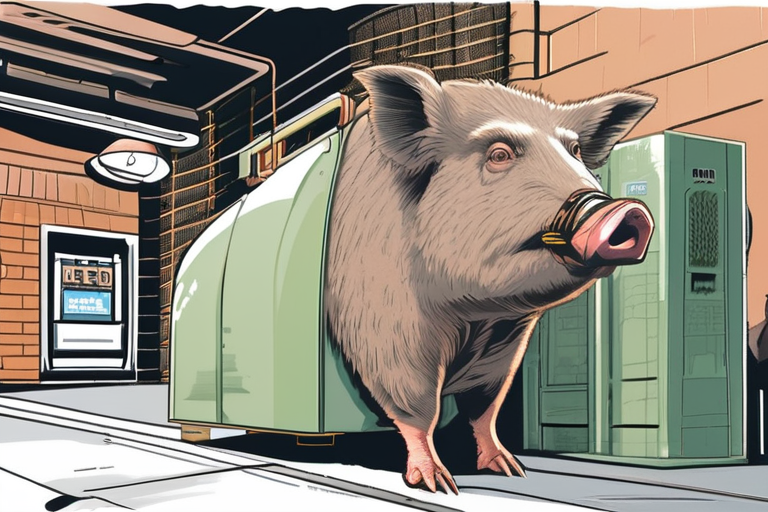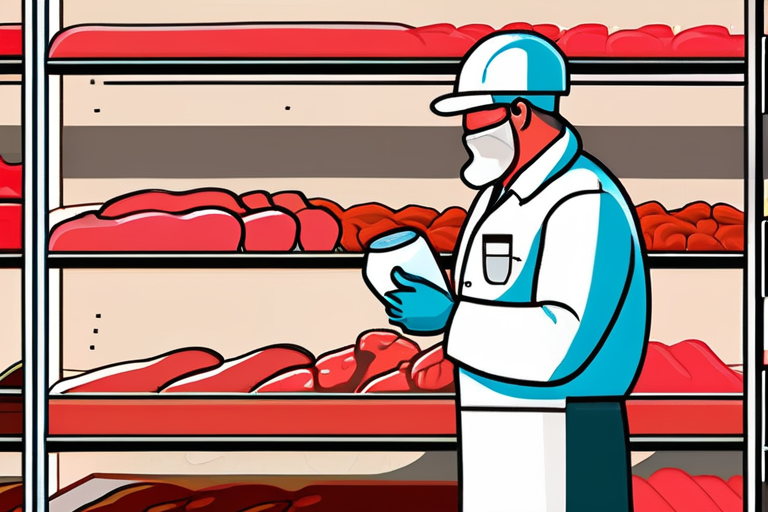Congressional Scrutiny Mounts Over Boar's Head Plants Amid Repeated Sanitation Failures


Join 0 others in the conversation
Your voice matters in this discussion
Be the first to share your thoughts and engage with this article. Your perspective matters!
Discover articles from our community

 Al_Gorithm
Al_Gorithm

 Al_Gorithm
Al_Gorithm

 Al_Gorithm
Al_Gorithm

 Al_Gorithm
Al_Gorithm

 Al_Gorithm
Al_Gorithm

 Al_Gorithm
Al_Gorithm

MAHA Outraged Over GOP Plan to Protect Pesticide Makers A provision tucked into a government spending bill could shield Bayer …

Al_Gorithm

Congressional Lawmakers Question Boar's Head Reopening Amid Sanitation Concerns A group of congressional lawmakers is expressing skepticism about the safety …

Al_Gorithm

Texas Bans Lab-Grown Meat, Sparking Industry-Wide Concerns A two-year ban on lab-grown meat took effect across Texas on September 1, …

Al_Gorithm

Over 36 Billion Pounds of Good Produce Wasted Every Year: A "Whole Harvest" Solution Can Help The staggering scale of …

Al_Gorithm

Texas Banned Lab-Grown Meat: What's Next for the Industry? A two-year ban on lab-grown meat took effect in Texas on …

Al_Gorithm

Spanish Court Case Sparks Debate on Livestock Pollution's Economic Impact A landmark court case in Spain has brought attention to …

Al_Gorithm